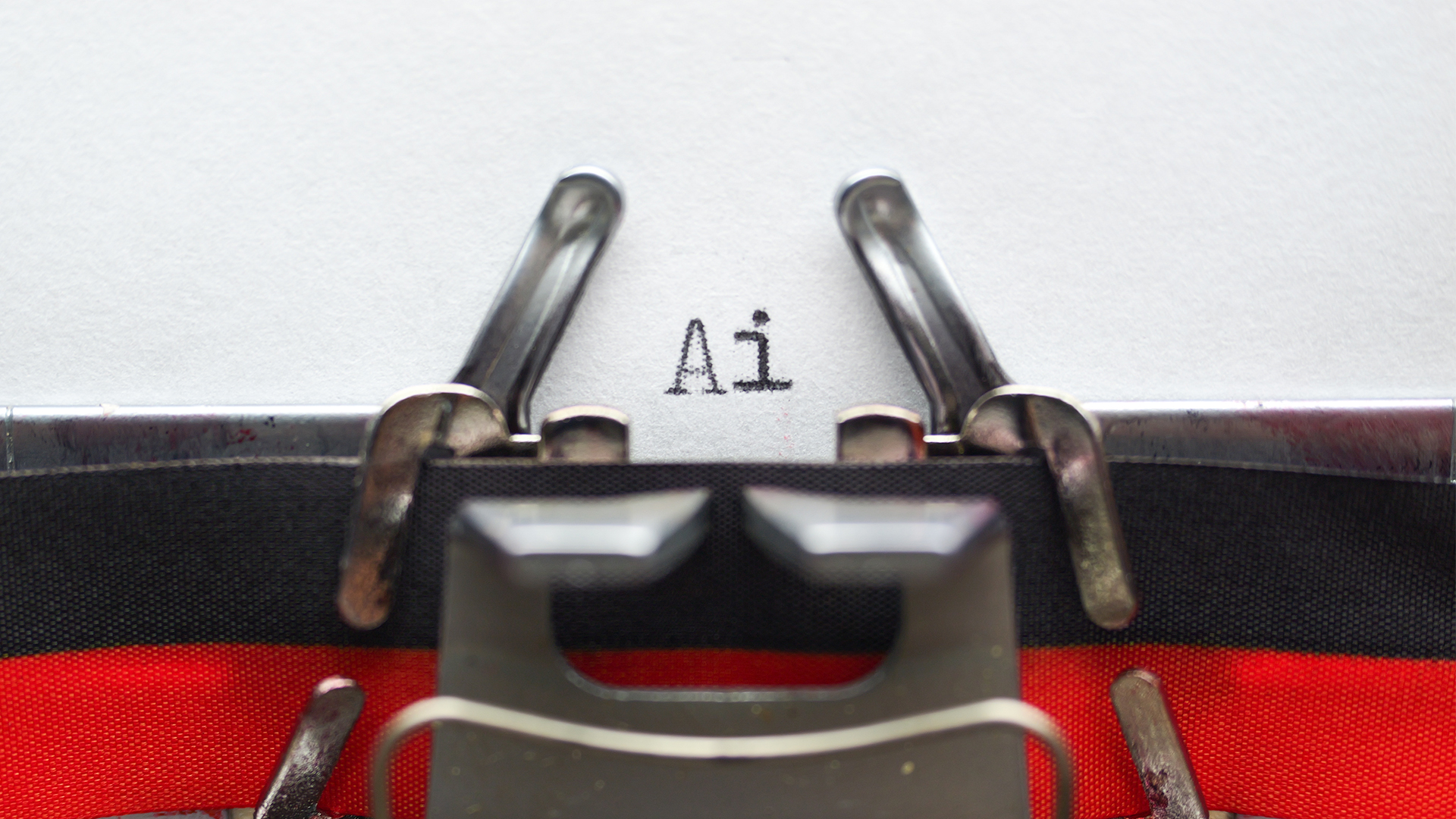
AI art may be everywhere, but the legality of AI image generators trained on non-licensed data, and of the images generated by them, is still in doubt. Now, in what sounds like a win for artists, a US Copyright Office report has concluded that the fair use defence does not apply to commercial AI training.
But will the office's opinion change anything? That looks particularly doubtful after Donald Trump just fired the Copyright Office's director.
Donald Trump’s termination of Register of Copyrights, Shira Perlmutter, is a brazen, unprecedented power grab with no legal basis.It's surely no coincidence he acted less than a day after she refused to rubber-stamp Elon Musk’s efforts to mine troves of copyrighted works to…May 10, 2025
According to the 110-page report, "various uses of copyrighted works in AI training are likely to be transformative. The extent to which they are fair, however, will depend on what works were used, from what source, for what purpose, and with what controls on the outputs—all of which can affect the market.
"When a model is deployed for purposes such as analysis or research—the types of uses that are critical to international competitiveness—the outputs are unlikely to substitute for expressive works used in training. But making commercial use of vast troves of copyrighted works to produce expressive content that competes with them in existing markets, especially where this is accomplished through illegal access, goes beyond established fair use boundaries."
This is a pre-publication version of the report, but the Office said it didn't expect the final version to see any major changes in its conclusions. It goes on to say that practical solutions are needed for uses that may not qualify as fair, noting the emergence of licensing agreements for AI training in certain sectors.
The report reads: "Given the robust growth of voluntary licensing, as well as the lack of stakeholder support for any statutory change, the Office believes government intervention would be premature at this time. Rather, licensing markets should continue to develop, extending early successes into more contexts as soon as possible.
"In those areas where remaining gaps are unlikely to be filled, alternative approaches such as extended collective licensing should be considered to address any market failure. In our view, American leadership in the AI space would best be furthered by supporting both of these world-class industries that contribute so much to our economic and cultural advancement.
"Effective licensing options can ensure that innovation continues to advance without undermining intellectual property rights. These groundbreaking technologies should benefit both the innovators who design them and the creators whose content fuels them, as well as the general public."
The report only expresses the Copyright Office's opinion, and it holds back from recommending legislative intervention for now. But the conclusions were welcomed by some campaigners who have been fighting for copyright protection in the face of AI training.
Luiza Jarovsky, co-founder of AI Tech and Privacy Academy, wrote on X: "It's GREAT NEWS for content creators/copyright holders, especially as the U.S. Copyright Office's opinion will likely influence present and future AI copyright lawsuits in the U.S."
However, how long that influence lasts is in doubt. Just one day after the report's release, Donald Trump's administration fired Register of Copyrights, Shira Perlmutter, who led the US Copyright Office, on Saturday. Joe Morelle, a top Democrat on the House Administration Committee, claimed it was no coincidence that Trump "acted less than a day after she refused to rubber-stamp Elon Musk’s efforts to mine troves of copyrighted works to train AI models.”







